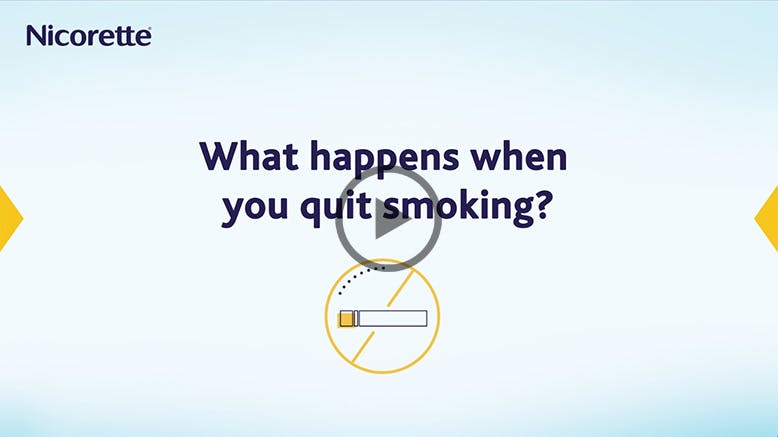What Happens When You Quit Smoking: Side Effects of Quitting
“What’s going to happen when I quit smoking?” is a question we hear often. The answer to that is important because being prepared for what lies ahead is one way to help you get started on your quit journey. Read on to learn about what you may encounter on your quit journey and tips to help you along your way.
Do people always gain weight when they quit smoking?
Some people do gain a few pounds when they quit smoking. You can try to minimize this by maintaining normal, healthy habits like exercising and eating a balanced diet.
Countdown to your quit smoking success.
We put together a handy checklist to help you keep track of what you need to do to get ready for your quit. Check it out in the next section.
Get the quit smoking checklist





